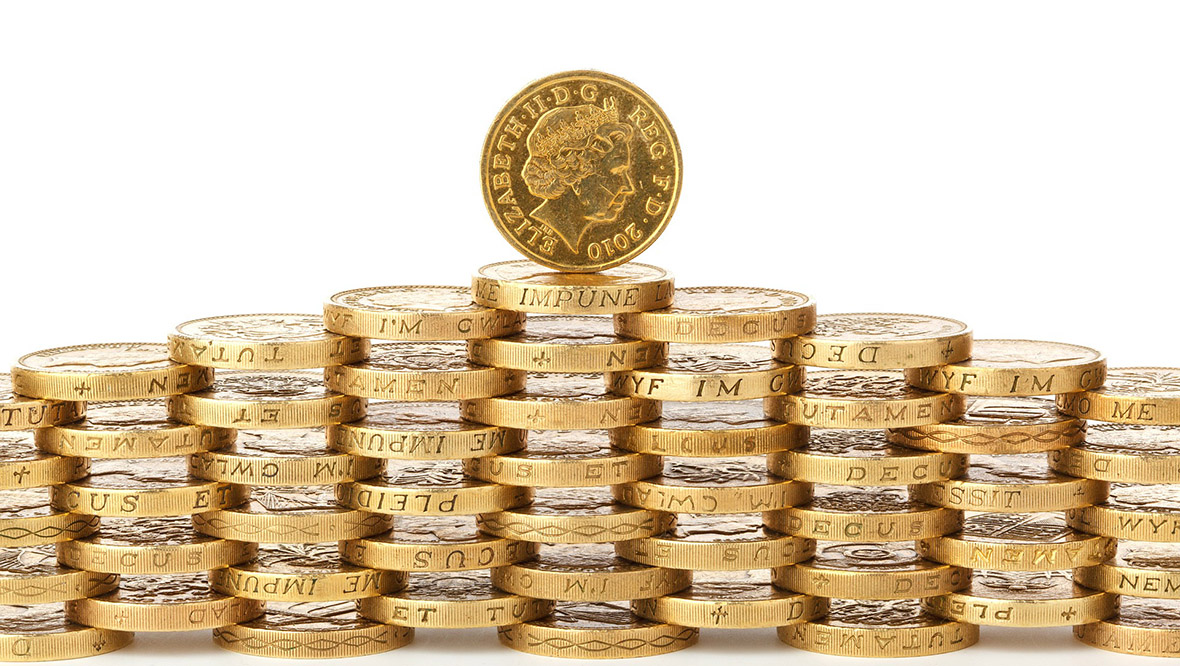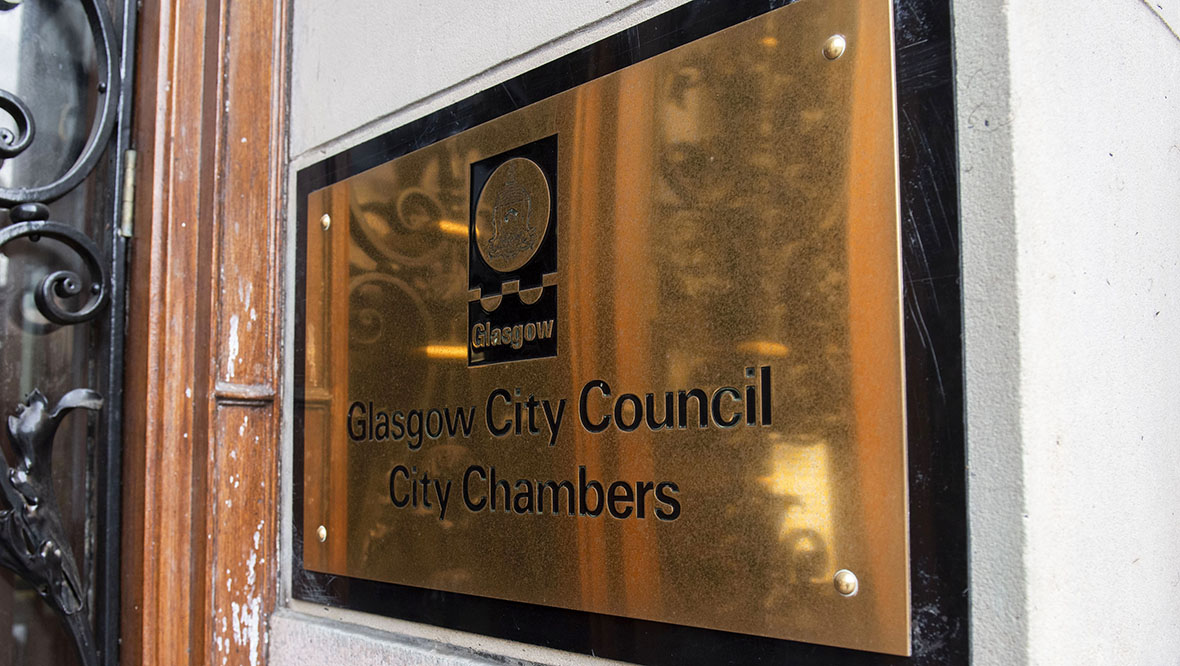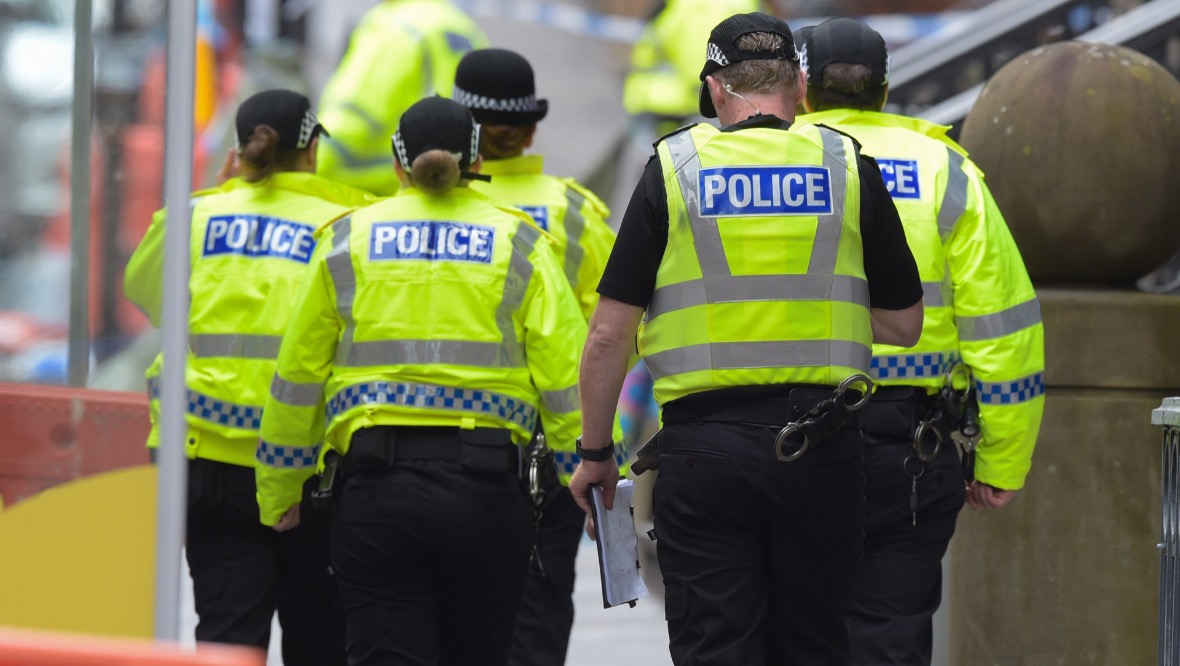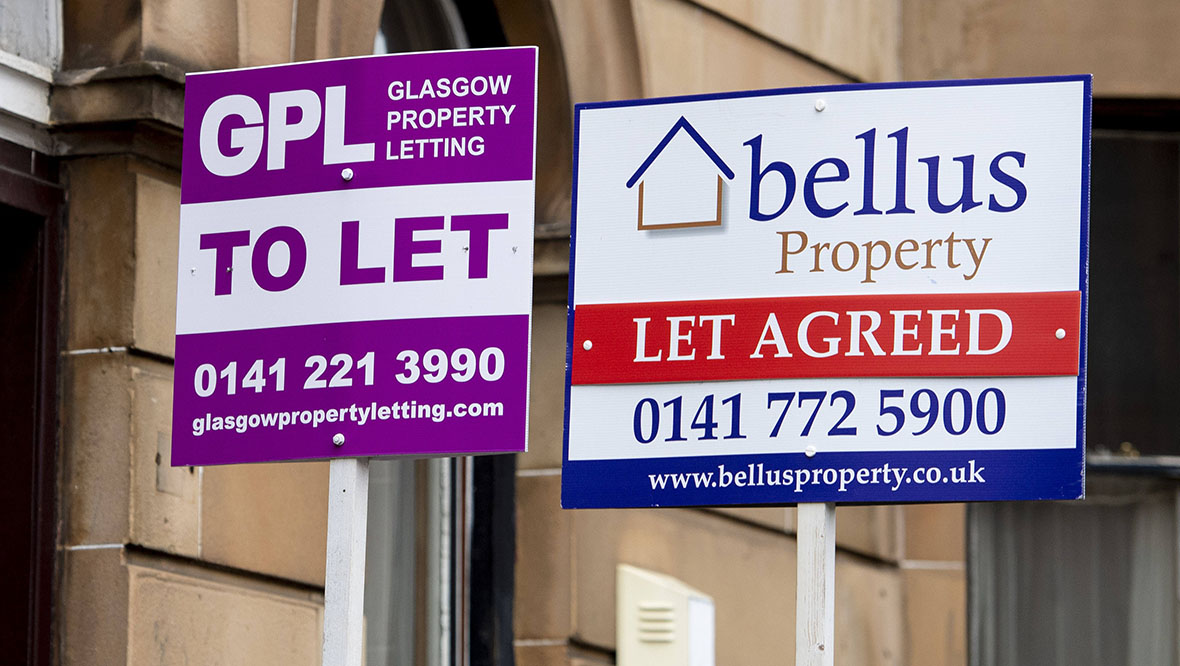The Scottish Government has set out a budget described as the “most important in the history of devolution.
Finance secretary Kate Forbes said it was a budget that would help to bring support and stability to the country as it continues to wrestle witih the coronavirus pandemic.
She announced £1.1bn of support for jobs and skills and £16bn for health, as well as a further £869m for tackling coronavirus – including funding for the vaccination and test and trace programmes.
The budget report can be viewed on the Scottish Government’s website here and the key announcements are summarised below.
TAX RATES

Scotland’s tax band system will remain unchanged.
The starter, basic and higher bands of tax will all rise by inflation, with the top rate frozen at £150,000.
Forbes says that means Scottish taxpayers will pay slightly less this year than last year.
PUBLIC SECTOR PAY
 Pixabay
PixabayThe Scottish Government will not introduce a public sector pay freeze similar to that imposed by the UK Government.
Instead, there will be a three per cent increase for public sector workers on salaries up to £25,000 with a £750 cap.
Those on higher salaries in the public sector will see salaries increase one per cent increase, capped at £800.
COUNCILS
 SNS Group
SNS GroupCouncils will see an increase in funding, with discretionary funding doubling to £60m, and a further £200m to compensate councils for a loss of income due to the pandemic.
Local authorities have also been offered additional financial support if they choose to freeze council tax rates.
That additional funding is equivalent to £90m for councils, or a three per cent rise, with inflation at 0.5 per cent.
HEALTH

Spending on Scotland’s health service will be more than £800m more than the core budget in the coming year, the Finance Secretary has said.
More than £16bn will be spent in total, including £869m to support the ongoing response to coronavirus.
A total of £145.3m has been allocated for alcohol and drugs, fulfilling First Minister Nicola Sturgeon’s pledge of £50m per year for five years to tackle the drugs deaths crisis.
Mental health funding will exceed £1.1bn in a move aimed at tackling the effects of coronavirus as well as improving services across the country.
JOBS AND BUSINESSES

A national infrastructure plan for Scotland that aims to support 45,000 jobs across the country will be announced next week.
The plan, which Forbes says would invest £1.5bn by 2025-26, will consist of a pipeline of projects that “drive Scotland’s resilience driving inclusive, net-zero and sustainable growth”.
Grants being paid to businesses in February will also be paid at the maximum level, regardless of the level of restrictions on firms.
Non-domestic rates relief for some businesses will be extended for three months, until more clarity is offered from the UK Government.
Businesses in the retail, hospitality and leisure sectors will continue to pay nothing while other firms will see their rates fall.
AGRICULTURE

More than £800m will be invested in agricultural support.
Forbes said it is key to ensure that farmers, crofters and land managers contribute to Scotland environmental goals.
As such, £801m will be given to the sector.
The Scottish Government says the investment will support building towards a better sustainable green future through job creation and retention.
POLICE AND CRIME
 SNS Group
SNS GroupA total funding settlement of £1.3bn was announced for the Scottish Police Authority, including an uplift of £60m in the resource budget
Forbes also said the budget provides significant extra funding to help deal with the backlog in criminal justice caseloads caused by the pandemic.
Chief Constable Iain Livingstone said he welcomed the announcement to eliminate the structural deficit in policing’s funding.
He said: “The reform of policing in Scotland has brought many benefits to all communities across the country, while £200m has been returned to the public purse every year compared to legacy arrangements.
“The last 12 months have demonstrated the relentless nature of policing. Our mission to prevent harm, support communities and keep people safe has been evident throughout the pandemic.”
HOUSEBUYERS
 SNS Group
SNS GroupThe tax cut given to housebuyers during the pandemic will end on March 31 when the basic threshold for the Land and Buildings Transaction Tax (LBTT) returns to £145,000.
First-time buyer relief will remain in place and non-residential LBTT rates and bands remain unchanged.
Follow STV News on WhatsApp
Scan the QR code on your mobile device for all the latest news from around the country




























